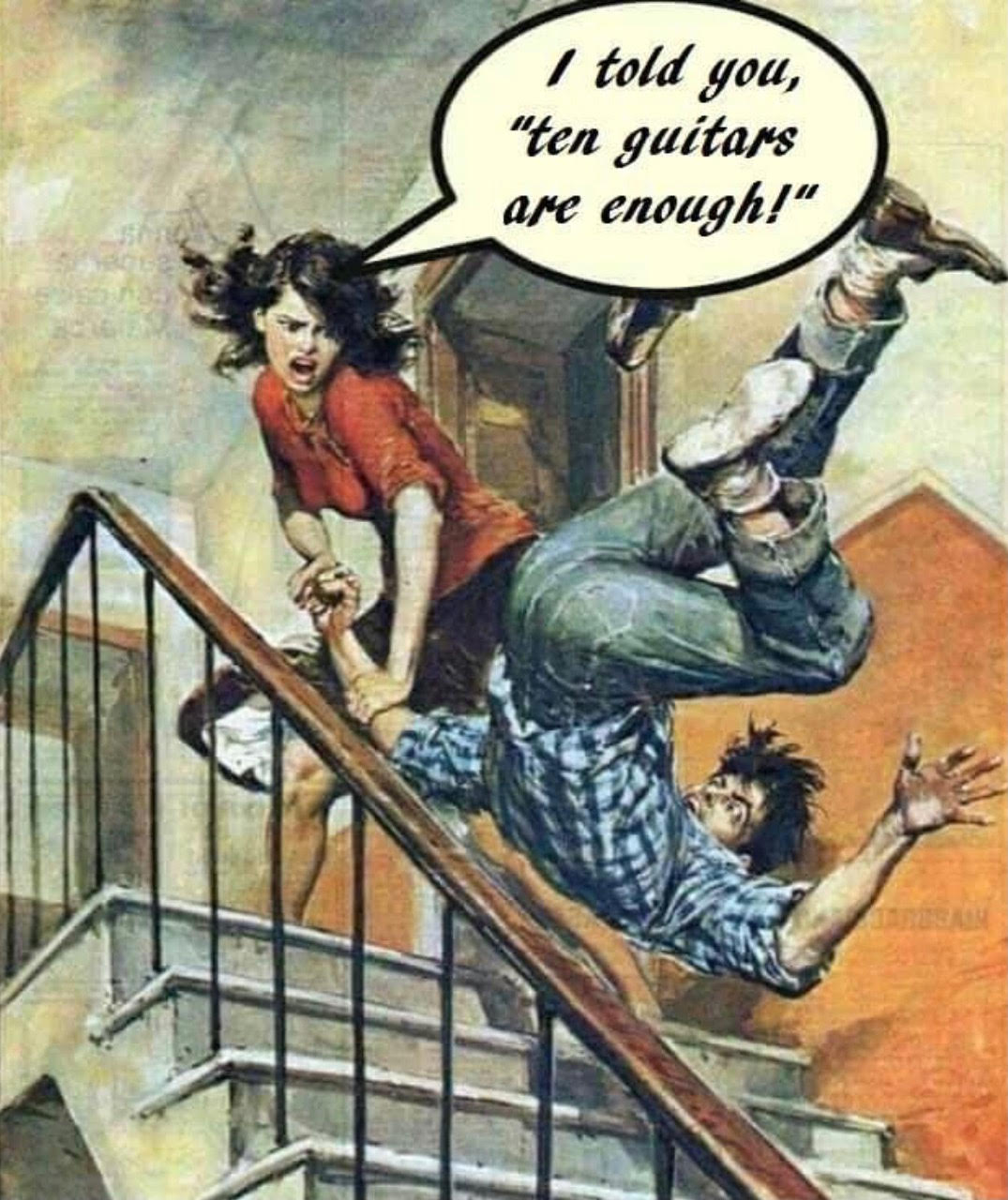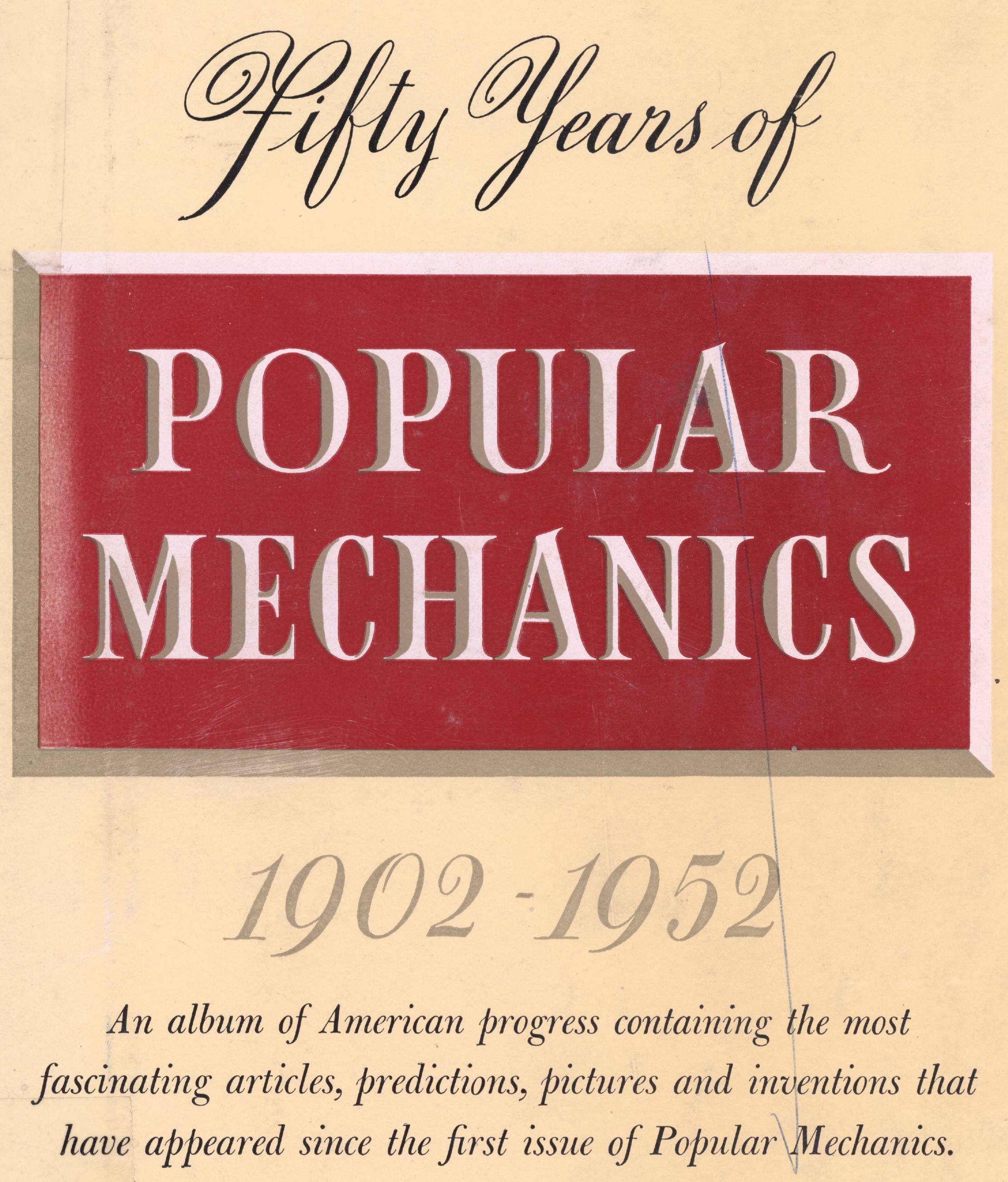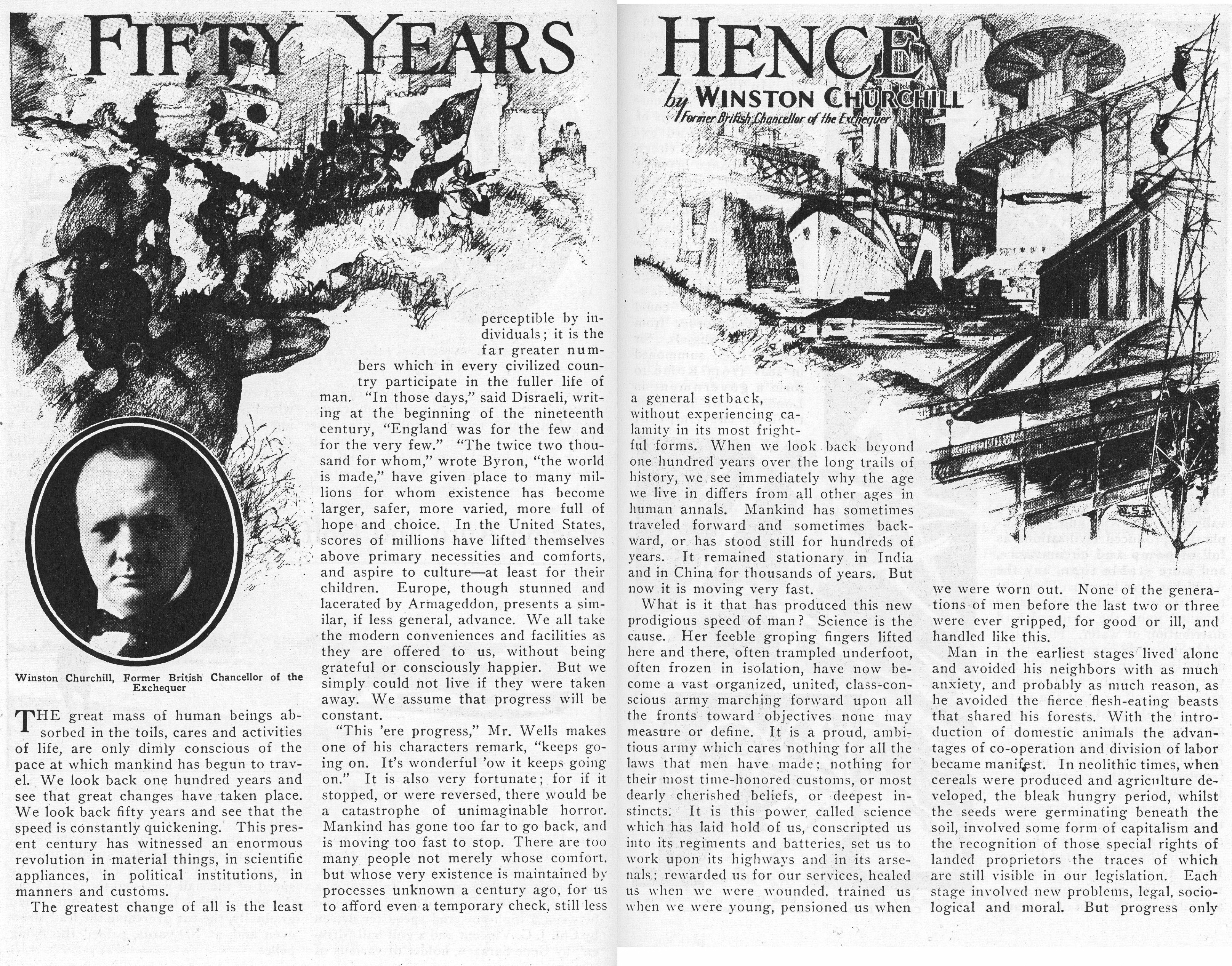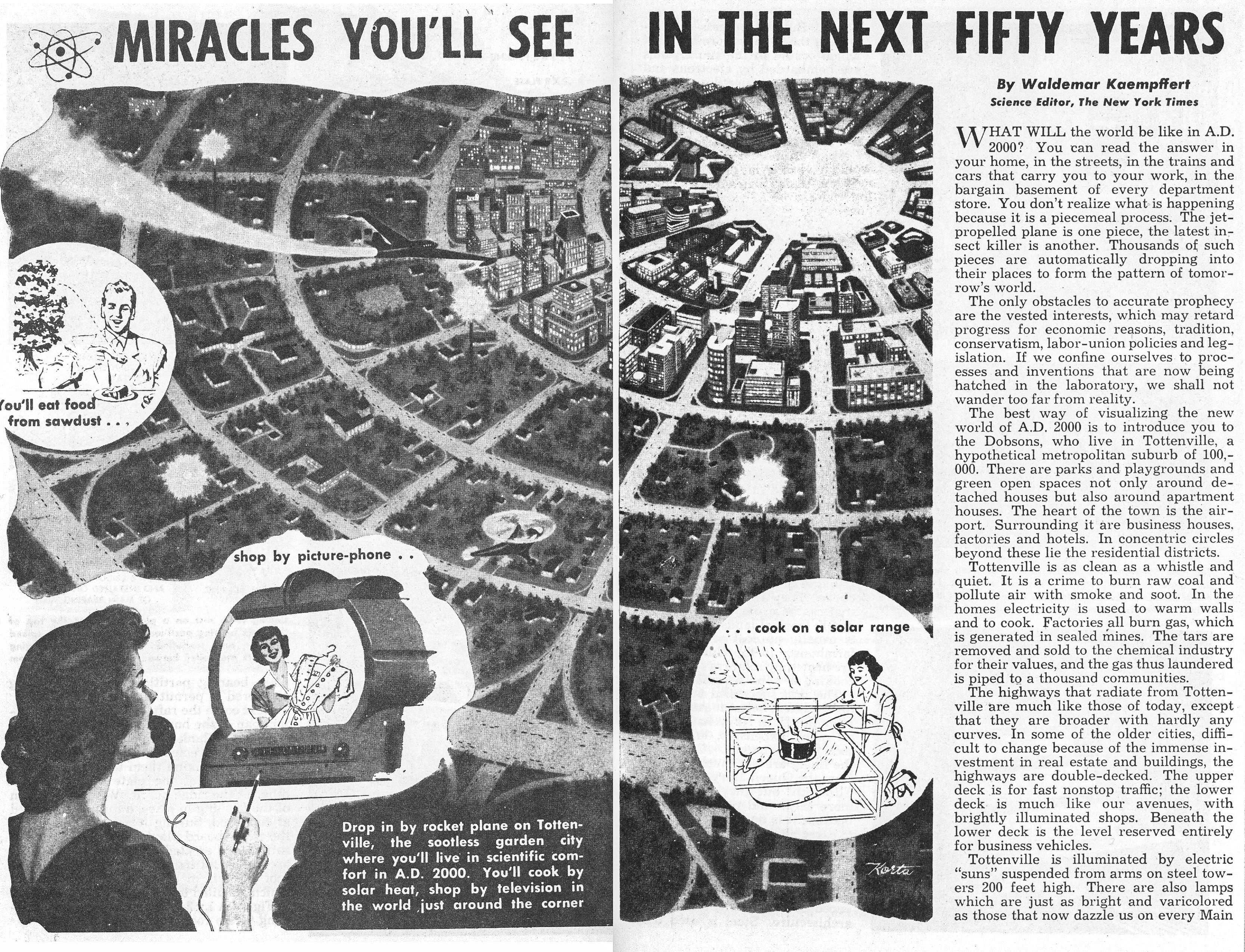
As we neared the end of our Convivial discussion of memory John suggested that perhaps I should undertake the Future in another meeting. And so I started to gather thoughts in that direction, pushed and pulled in various ways as I thought and read and wrote on yellow pads. I might as well try to catch the flow of that process here, with the proviso that I have now only the slightest notion where it will land us by next Wednesday.
Where to start? Perhaps with Desire: we imagine how things might unfold, but in fact what we have to work with is near-total un-predict-ability. What we imagine will always miss the mark we've set because so much of the rest of the world is essentially random, and our desires and plans overlook/don't foresee so very much. And still we plan and imagine. We're pretty good at retrodiction, at contriving explanations for what (seems to have) happened, but usually insufficiently impressed with the range of factors we didn't take into account as the past unfolded. So we plan and scheme and project, and try to set things up (e.g., financially) so that life will continue as it has been.
I've known at least two people who thought of themselves as Futurists, who sought to attend to trajectories and to imagine tomorrows as continuations of present processes unfolding. The almost guaranteed prospect of Black Swans sets us up for being continually surprised as the unanticipated comes along. I've linked some of this before, but it remains Relevant:
In the future, you won't own any gadgets
*****
The general problem of the Future is perhaps less fun to consider than one's own engagements. It's difficult for me to imagine any Future that doesn't involve following curiosities as they arise, and that doesn't continue to collect and pore over artifacts of those curiosities... or is it artefacts? or perhaps it's both? ah... another rabbit hole appears, curiously. One isn't likely to be satisfied in any of the many domains of interest,

and the value of the various collections for me has been the care and feeding of my Curiosities, which have always sprawled and continually elaborated, pseudopodium-like, into new territories... but the question does arise: for whom? What, indeed, is the future for my collections, and how should I think about preparing them for their Next Act?
One of the recurrent popular forms of discourse about the future is the bucket list, made famous in popular culture by a 2007 film by Rob Reiner, with Jack Nicholson, but the trope refers to "a list of all the goals you want to achieve, dreams you want to fulfill, and life experiences you wish to experience before you die" (personalexcellence.co) (and see Annette White's bucket list) (and beware those who aver that "Bucket lists can help with goal-setting, stress management, and finding meaning in life.")
In the household in which I grew up, two of the sources of information about the world beyond Quincy Street in Cambridge were magazines: National Geographic and Popular Mechanics. In the attic there were shelves of back issues which entertained me endlessly, and Christmas 1952 brought copies of Fifty Years of Popular Mechanics 1902-1952, which I read and re-read and then read again.


and another from about 1950, predicting the world of 2000:
I've read a lot of books about music and musicians, and just now I'm in the midst of The Electric Muse Revisited - The Story Of Folk Into Rock and Beyond, which is in effect a third edition of Electric Muse (the earlier ones were 1975 and 1996—see Hobbledehoy's review for more background). It's mostly about British Isles music, and even more mostly about the evolution of English folk rock. It can be read as past history of emergence, as retrodictive commentary on the present-as-was, and as a foreshadowing of what was to come for the bands and personalities showcased. Each of the albums discussed had antecedent influences (the past), contemporary significance in the ecology of other music (the present when they appeared), and future effects as they changed the trajectory of the several genres. The emergent future was forever encountering surprises, unpredictabilities that changed whatever came next. The history (of music, or pretty much anything else) is best read as a stochastic stagger with only the momentary appearance of stability. Again and again, "everything changed" or seemed to change, and none of it was predictable. Think of the effect upon popular culture of the release of the Beatles' Sgt. Pepper or the White Album or Abbey Road: the future of music changed and then changed again.
Considering the pipeline of new issues as they appear in public and diffuse through their waiting audiences: some have immediate and enormous effects on the FUTURE of music, inspiring other musicians to try new things (the same phenomenon happens with scholarly publication, and in photography, and other arts; think of the ramifications of the Armory Show of 1913): the old standing-on-shoulders thing. The point is that what the shoulder-stander SEES is a revelation, a set of new possibilities, the unexpected, inspiration: the future. After the fact it's possible to trace (versions of) how it happened, how the inspiration worked itself out as others responded, but it's not predictable how an inspiration or a new view forward will work itself out.
You just never know where the next bit of inspiration is going to come from, what the future will chuck in front of you. So here I am, enjoying a thoroughly frivolous British cop drama called New Tricks that my friend Kent told me about a couple of days ago. Here's the Amazon blurb for Season 1 [2009] (and there were 12, count them, 12 seasons...):
The premise of New Tricks is irresistible: A career-driven British detective hits a career speedbump and is put in charge of a new cold-case division that she thinks is way out of the spotlight. And if that isn't bad enough, she must build a staff from a raggedy crew of retired cops with loads of time on their hands--as well as, it turns out, some pretty great detective skills they're dying to use again. Supervising the oddball group is the former hotshot Det. Supt. Sandra Pullman (played by Amanda Redman with refreshing world-weariness that gives homage to Helen Mirren's great performance in Prime Suspect), who feels sidelined, and thus frustrated, in this latest assignment. Yet the viewer knows Pullman is perfectionist enough to give this Siberia gig her all, even if her work methods differ wildly from those on her team....so anyway, at 46:45 of Season 1 Episode 2 we get this:Recruited out of various stages of retirement are the deeply gifted English character actors James Bolam (playing recent widower Jack Halford), Alun Armstrong (terrific as the obsessive-compulsive Brian Lane, who left the force after a nervous breakdown), and Dennis Waterman (a former sergeant and hothead who likes his liquor and isn't at all sure about having a lady boss). New Tricks is part police procedural--with a deliciously long running time of 90 minutes per episode--as well as a humorous work dramedy. When Pullman pulls a pile of photos of retired cops from whom to begin to build her team, her first teammate, Halford, grabs the pile to help speed along the process. "Dead, dead, dead, dead, good as, dead..." he says as he winnows down the stack. Yet the "old fart" jokes are few and far between, as it soon becomes clear that the old dogs really can learn, and employ, New Tricks and make dramatic, if sometimes politically dangerous, headway into high profile cases assumed to be long closed. Or are they? Fans of any crime procedural will love New Tricks, as will fans of the far more realistic British TV series that dare to show stars with imperfect teeth or well-worn shoe soles. And yet that realism is part of the utter believability, and totally-grow-on-you charm of New Tricks.
There are tiny moments in everyone's life, precise, poignant moments,
when everything crystallizes, crackles with tension.
When you know that the next words out of your mouth will ... determine all manner of things.
The future. This is one of those moments, isn't it?
Then there's the global future, which looks more and more perilous wherever one looks—climate, economics, politics, disease, species... and no prospect of any deus ex machina likely to cure any of those afflictions, all substantially man-made. Cue Walt Kelly: we have met the enemy...
In any case, the late-70s set can do very little but deeply deplore how we got here, and we are entirely without options and leverage for amelioration: WE are increasingly irrelevant. The future trajectories are pretty easy to draw, to extrapolate, to predict: more of same, pile higher and deeper. It's not cheering to recognize that it was our choices among technological advances that got us here, and there's no way to stuff things back into the box.
There's also a sci-fi future, in which many of us have lived as appreciative observers since ... well, high school years in my case. Any sci-fi fan has and acknowledges a succession of favorites who have provided vicarious views of fictional but compelling futures. Such credible fiction might represent our strongest engagement with the future. There's considerable overlap with filmic/video versions (what is it with Star Wars and other space operas?) that in general are set in some rather distant warp-speed future, but mostly consist of dramas about present issues. These make for potent commentary, and provide shared images of imagined futures, because they are so widely distributed in mass media, but they rarely point the way forward in terms of practical paths of action, and sometimes turn out to have dangerous subtexts (viz. Ayn Rand...).